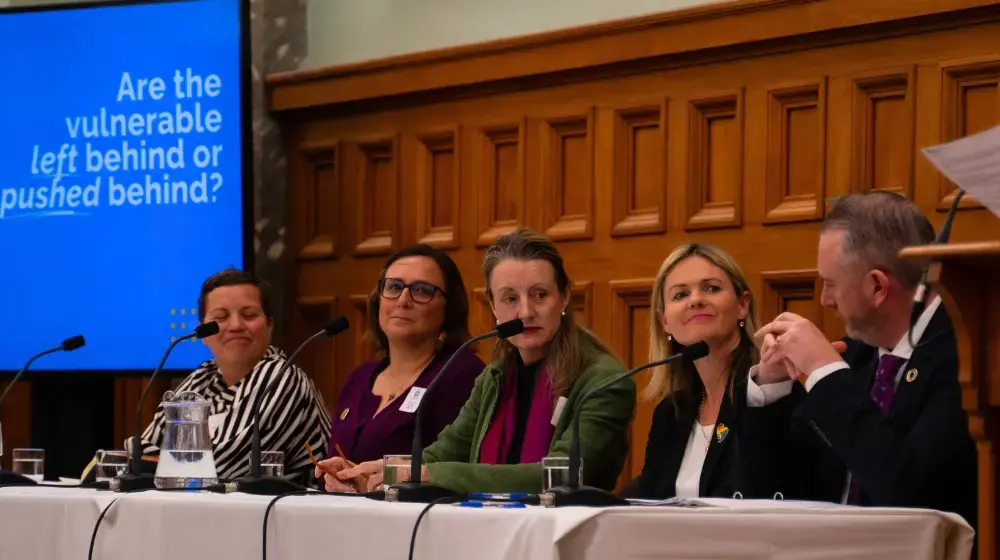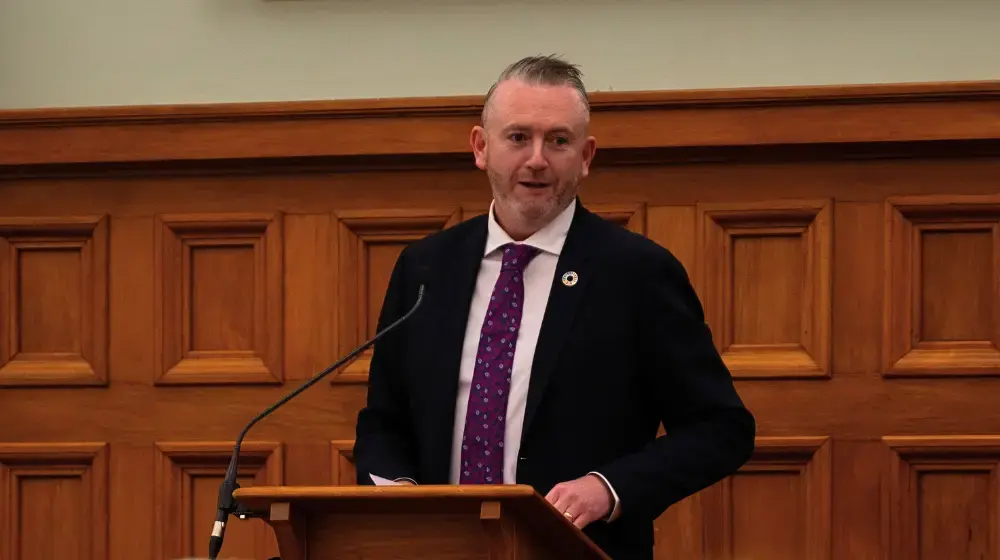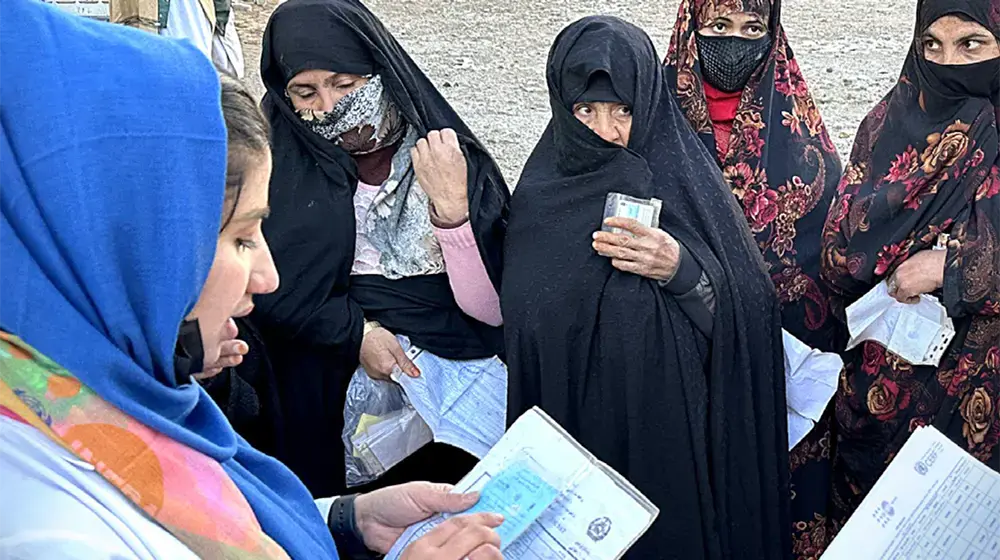Rohingya Crisis Pledging Conference, October 22, Geneva
Statement by
Mr. Bjorn Andersson, Regional Director for Asia and the Pacific, UNFPA
Excellencies, ladies and gentlemen,
I am pleased to deliver these remarks on behalf of UNFPA, the United Nations Population Fund.
For three years, UNFPA has been providing life-saving interventions for women, girls, adolescents and youth from both the Rohingya refugee population and the surrounding host communities impacted by this protracted crisis, across the humanitarian development peace nexus to build and strengthen the resilience of communities and institutions.
We work closely with the government and local partners to provide a range of sexual and reproductive health services, including family planning, maternal health care, and community awareness, along with the provision of essential sexual and reproductive health supplies and commodities.
UNFPA also plays an active role in building the capacities of midwives and Women Support Officers to provide essential sexual and reproductive health services.
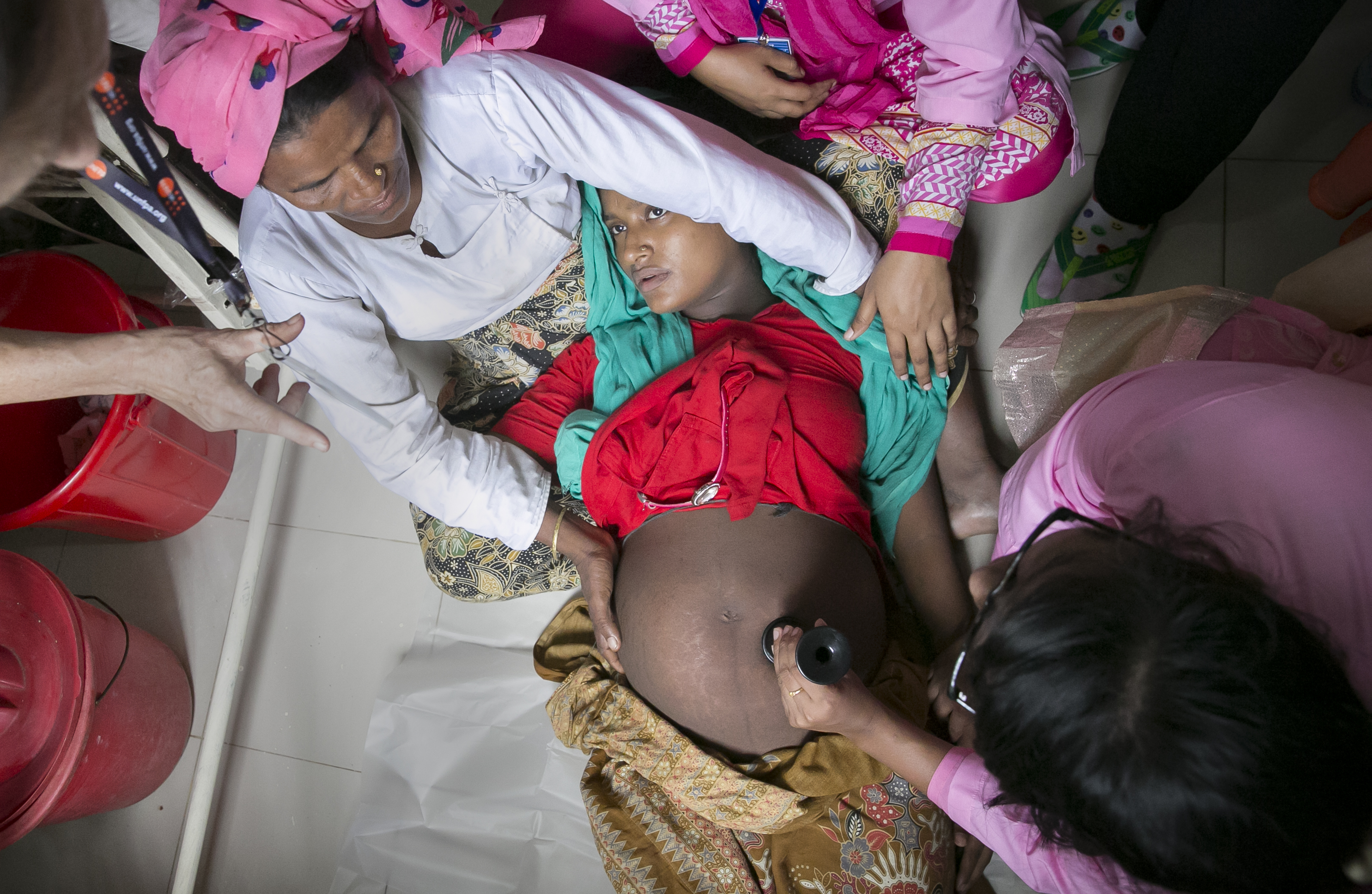
UNFPA-trained midwives provide crucial services for Rohingya refugee women during pregnancy and childbirth in Cox's Bazar. Image: UNFPA Bangladesh/Allison Joyce.
In the area of gender-based violence, we support the prevention and response to violence, through the provision of integrated case management, mental health and psychosocial support, clinical management of rape and the establishment of women friendly spaces to support survivors of violence.
And, we ensure that adolescents and youth from both Rohingya and host communities have the knowledge and skills needed to safely transition to adulthood through the provision of life skills education grounded in gender equality and human rights. This includes our Champions of Change programme targeting boys and a Girl Shine programme targeting girls to encourage and empower young people as agents of change.
At the onset of COVID-19, UNFPA ensured that sexual and reproductive health and gender based violence response services remained operational and accessible in all 22 UNFPA supported health facilities in Cox’s Bazar.
In order to continue providing lifesaving services for women, girls, adolescents and youth, it is crucial that UNFPA’s activities are fully funded for 2021.
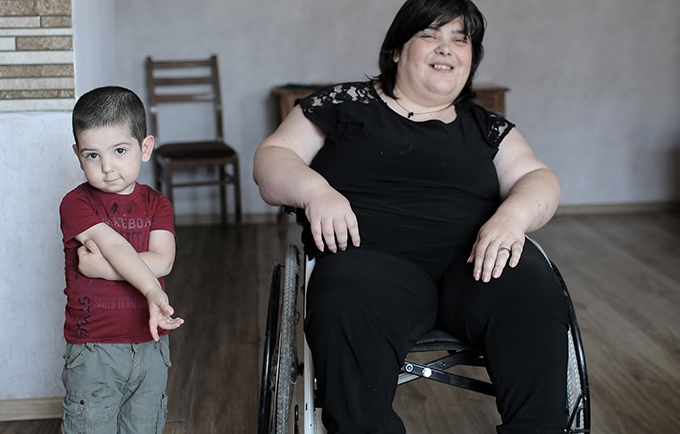
Insufficient funding to support UNFPA’s work will compromise access to quality sexual and reproductive health services, including family planning and maternal health care, and access to quality gender-based violence response services for survivors of violence, potentially leading to an increase in unintended pregnancies, maternal and neonatal deaths, and unsafe abortions, in addition to increased vulnerability to sexual violence, abuse and exploitation for women and girls.
We thank all the donors who have so far supported our crucial work amid this and other humanitarian crises in Asia-Pacific and globally.
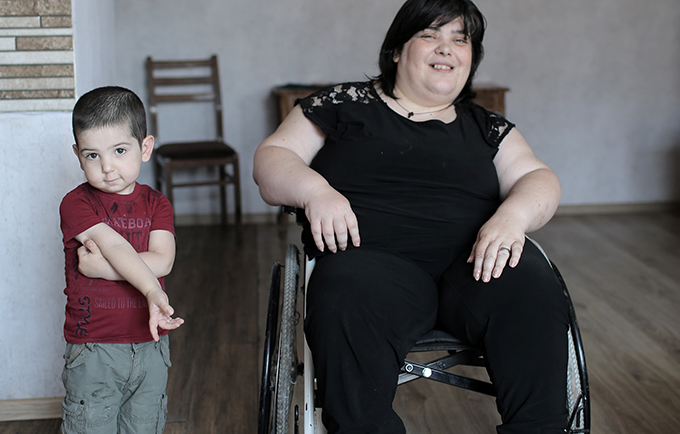
UNFPA, like all our UN partners, wishes for the voluntary, safe and dignified repatriation of the Rohingya refugees, as well as an enabling environment and sustainable solutions in Myanmar.
For more on the Rohingya Crisis Pledging Conference, October 22, 2020, in Geneva, including its outcome, please visit: www.rohingyacrisis.org
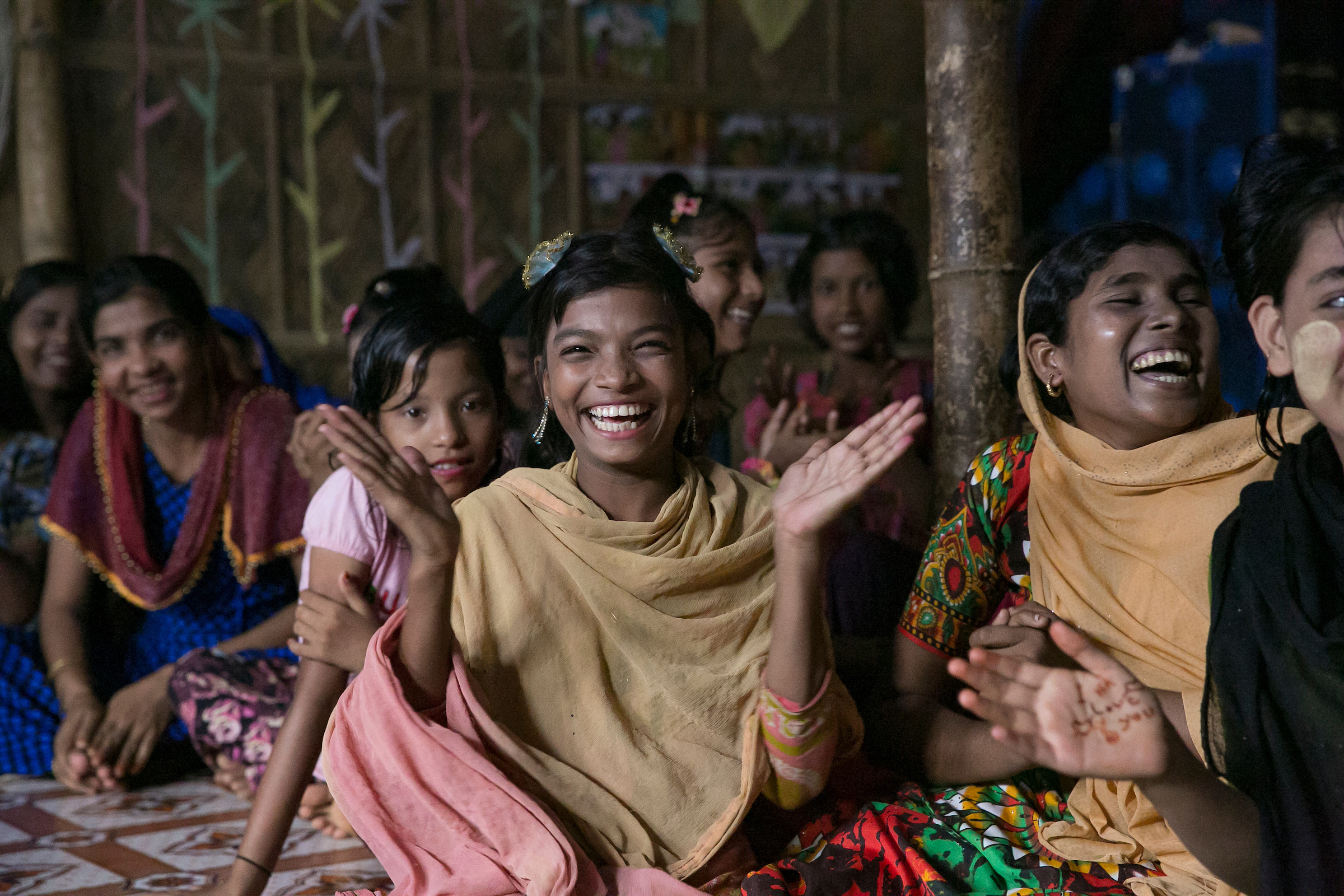
Rohingya youth avail of UNFPA's special life skills education modules in the camps of Cox's Bazar. Image: UNFPA Bangladesh/Allison Joyce.


